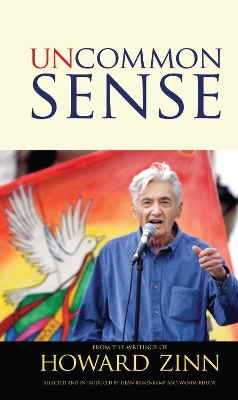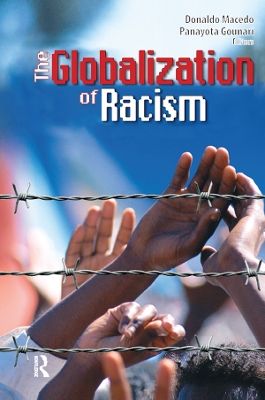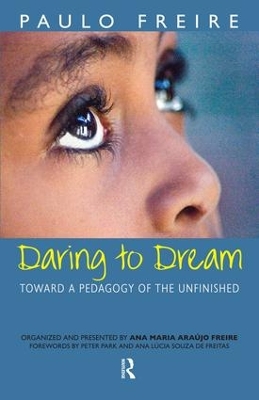Series in Critical Narrative
4 total works
Perhaps no other historian has had a more profound and revolutionary impact on American education than Howard Zinn. This is the first book devoted to his views on education and its role in a democratic society. Howard Zinn on Democratic Education describes what is missing from school textbooks and in classrooms-and how we move beyond these deficiencies to improve student education. Critical skills of citizenship are insufficiently developed in schools, according to Zinn. Textbooks and curricula must be changed to transcend the recitation of received wisdom too common today in schools. In these respects, recent Bush Administration and educational policies of most previous US presidents have been on the wrong track in meeting educational needs. This book seeks to redefine national goals at a time when public debates over education have never been more polarised--nor higher in public visibility and contentious debate. Zinn's essays on education-many never before published--are framed in this book by a dialogue between Zinn and Donaldo Macedo, a distinguished critic of literacy and schooling, whose books with Paulo Freire, Noam Chomsky and other authors have received international acclaim.
Why Howard Zinn has become one of the most important and influential American historians is perhaps nowhere more evident than in this new book. Few social critics have been as inspiring as the ever-hopeful Zinn and, unlike many historians, Zinn turns historical details toward deeper observations on the universal truths and struggles of humankind. His remarkable wisdom and insight can be found in his earliest writings through his latest essays, speeches, and plays. Uncommon Sense brings together his most poignant and profound quotations from decades of writing and speaking. The book reveals the philosophical side of Howard Zinn and a consistency of vision over 50 years on topics ranging from government to race, history, law, civil disobedience, and activism. Offering quotations of universal and timeless quality, the book shows why history will regard this historian as a political and moral philosopher in the company of Paine, Jefferson, Frederick Douglass, and Martin Luther King Jr.
Addressing ethnic cleansing, culture wars, human sufferings, terrorism, immigration, and intensified xenophobia, "The Globalization of Racism" explains why it is vital that we gain a nuanced understanding of how ideology underlies all social, cultural, and political discourse and racist actions. The book looks at recent developments in France, Germany, Greece, Ireland, Israel, Italy, Portugal, Spain and the United States and uses examples from the mass media, popular culture, and politics to address the challenges these and other countries face in their democratic institutions. The eminent authors of this important book show how we can educate for critical citizenry in the ever-increasing multicultural and multiracial world of the twenty-first century. Contributors are: David Theo Goldberg, Loic Wacquant, Edward W. Said, Zygmunt Bauman, Peter Mayo and Carmel Borg, Anna Aluffi Pentini and Walter Lorenz, Peter Gstettner, Georgios Tsiakalos, Franz Hamburger, Julio Vargas, Lena de Botton and Ramon Flecha, Concetta Sirna, Jan Fiola, Joao Paraskeva, Henry A. Giroux. It explores new forms of racism in the era of globalization.
Daring to Dream
by Paulo Freire, Donaldo Macedo, and Ana Maria Araujo Freire
Published 15 November 2006
-- New from the author of the million-selling Pedagogy of the Oppressed -- In an era when teachers and states are resisting high-stakes testing, this new book from world-renowned author Paulo Freire could not be more timely. Freire's uplifting message u



